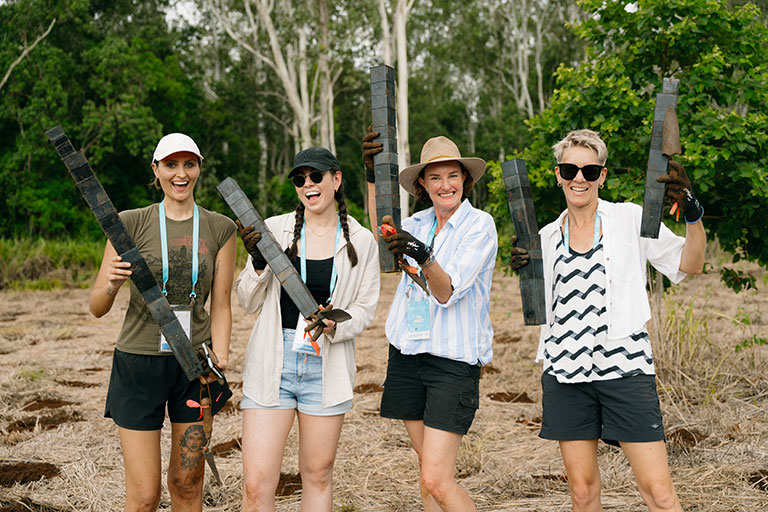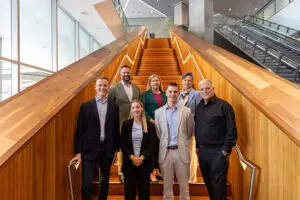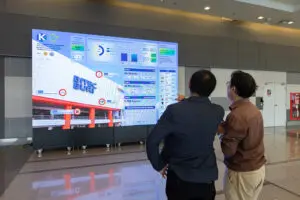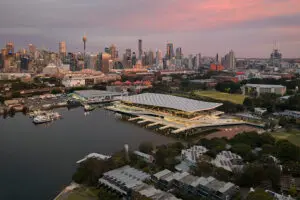In its first report, the regional tourism organisation has outlined 2024 sustainability actions and the planned moves to make the destination even more sustainable in 2025.
“Global expectations are rising for the tourism industry to move beyond providing experiences to ensuring that tourism is sustainable and contributing to the future of our natural environments and our communities,” said TTNQ CEO, Mark Olsen.
“The TTNQ Sustainability Report 2024 highlights that Tropical North Queensland has the greatest number of eco-accredited businesses in any region in Australia and one of the highest in the world.
“We have 84 operators and 191 experiences with Ecotourism or EarthCheck accreditation, which accounts for 21 per cent of our total membership at TTNQ.”
In 2024, TTNQ appointed in a part-time sustainability coordinator and formed a sustainability leaders group, ascertained a baseline carbon measurement for visitors to Cairns – 55kg of CO2 per day per person – developed a strategic framework to guide the local tourism industry to net zero carbon emissions by 2050, created a sustainability hub for industry and provided tools for industry to integrate sustainability messaging and education into their offerings.
In 2025, TTNQ intends to collect more sustainability data through a group of businesses that are leading on sustainability to grow the size of this group from 113 to 150 businesses.
TTNQ will also roll out the second phase of its Project Reef marketing partnership, encouraging visitors to travel to the Great Barrier Reef to aid in its conservation and showing how the reef has boosted environmental awareness and education. The RTO will also compile success stories and case studies for business events organisers to understand what operators are doing on the sustainability front, provide education to industry on waste reduction and water conservation and educate industry in order to minimise green washing in sustainability positioning.
TTNQ will also measure its own carbon footprint as an organisation in 2025, to ensure it’s on the same journey as its industry stakeholders.
“The region is on track to reach its net zero aspiration in 2050 by aiming to reduce the average carbon emissions per visitor from 55kg per day to 42kg in 2032 through the adoption of sustainable aviation fuel, emissions reductions by businesses through solar, reducing waste to landfill and transitioning to renewables,” said Olsen.
“At least 20 per cent of TTNQ members are measuring and offsetting their impacts through local conservation programs such as Reforest’s Mabi forest rehabilitation for the endangered tree kangaroo on the Atherton Tablelands,” said Olsen.
“TTNQ uses media and marketing activities to help the public to understand challenges we can’t control, such as bleaching on the Great Barrier Reef, and how they can be more involved in making a difference so they can ‘See Great and Leave Greater’.
“Initiatives like the Guardian of the Reef program add value by rewarding consumers for learning about the Reef and its challenges.
“The sustainability journey is a long one, but it is a journey that TTNQ and our members are committed to as we continue to promote our unique destination to the world with the promise that every visitor will not only see great, but they will also leave greater knowing they have contributed to the protection and management of World Heritage areas.”
The report highlighted the importance of the decarbonisation of the aviation industry for tourism and business events, with 84 per cent of the carbon emitted by visitors to the region generated by air travel.




















